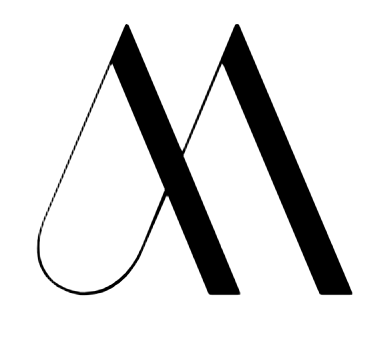Leaders in the wine and spirit industry are speaking out against a new fee the Pennsylvania Liquor Control Board will levy on their products next year, warning that it will raise prices for consumers.
On July 16, PLCB voted to create a $1 bailment fee on all cases of wine and spirits sold through state stores. Bailment fees are typically meant to cover the costs of storing products in state-owned warehouses before they get delivered to retail stores. The fee will take effect starting Jan. 1.
MORE: Amazon Fresh sets Aug. 14 opening for long-delayed Northern Liberties store
Opponents of the fee include the Pennsylvania Wine & Spirits Association, Distilled Spirits Council of the United States, American Distilled Spirits Alliance and Wine Institute. The coalition claims the fee will cost alcohol producers between $15 million and $17 million annually, and they said it will raise prices for consumers at state stores, supermarkets, restaurants and bars.
“There has never been a more challenging time to make and sell spirits and wine,” the coalition said in a joint statement. “Competition from hemp and cannabis is fierce, tariffs have increased the price of imported alcohol and sharply reduced revenue from U.S. exports, and global alcohol consumption is down. This new fee is yet another hit to the cost of doing business in Pennsylvania.”
PLCB's fee will be assessed on all packages regardless of the volume of alcohol they contain, the industry groups said. That means the same fee will be applied to four-packs of ready-to-drink cocktails and 12-bottle cases of wine and sprits, which carry varying costs to suppliers.
The coalition also criticized PLCB's vote, saying it was held only two days after the proposal was made public.
PLCB created its bailment system in 2012 to manage inventory for top-selling products in the state. The agency has two distribution centers that serve about 580 Fine Wine & Good Sprits shops and a fulfillment center. Suppliers are allowed to store their products at these locations before the state purchases them, and they are required to maintain stock of high-demand products at a certain level in the distribution centers.
With the exception of penalties for falling below stock or canceling shipments without proper notice, PLCB has never charged suppliers for warehousing their products. The agency said it can no longer absorb that cost and voted on the $1 fee to bring Pennsylvania in line with other liquor control states that have bailment systems.
"Bailment fees are a common practice within control jurisdictions," a PLCB spokesperson said. "In fact, eight control states charge bailment fees. A $1-per-case fee – which works out to just over 8 cents per bottle in a standard 12-bottle case – is comparable to the bailment fees charged by eight other control jurisdictions."
The agency said the fee will help PLCB manage inventory, avoid surplus in its distribution centers and help offset rising warehouse costs.
The coalition claims PLCB was motivated to create the fee because of growing costs to run the agency. They cited recent financial statements from the state that show PLCB's net profits are down about $70 million and liquor tax collections are down an estimated $2 million through the first 10 months of the current fiscal year.
"The PLCB should start by more closely examining expenses before imposing a new fee,” the coalition said.
Pennsylvania is one of 17 liquor control states that have monopolies over the wholesaling and retailing of some or all categories of alcohol. The state modernized and eased alcohol restrictions under former Gov. Tom Wolf, permitting the sale of beer and wine at some grocery stores, but Pennsylvania's retail and wholesale industry is still dominated by Fine Wine & Good Spirits stores. Sprits are only permitted to be sold at these stores.
The industry coalition claims PLCB's new fee does not compare directly to those in other liquor control states because the agency exercises more power over pricing than other states.
“While the PLCB states this increase is to be more in line with other control states, the big difference with Pennsylvania is how the shelf price consumers pay is determined,” the coalition said.
PLCB denied that the agency would have any role in adjusting consumer prices as a result of the fee.
"The PLCB has no plans to raise prices for consumers or licensees on the products it currently sells because of imposing this $1 per case fee on bailment suppliers – unless a price increase is requested by those suppliers," the spokesperson said.
Alcohol sales in the United States have declined across the wine, spirit and craft beer industries over the last year. Some of the shift has been attributed to goals for healthier habits and moderation, in addition to rising costs for housing and health care. Nearly half of Americans said they plan to drink less entering 2025, up from 41% who said so a year earlier, USA Today reported in January.
The coalition opposing PLCB's new fee called for more scrutiny of the state agency.
"PLCB’s business partners and the public deserve a transparent accounting of agency operations before facing new fees that will raise consumer prices on alcohol," the group said.
Have any thoughts?
Share your reaction or leave a quick response — we’d love to hear what you think!






